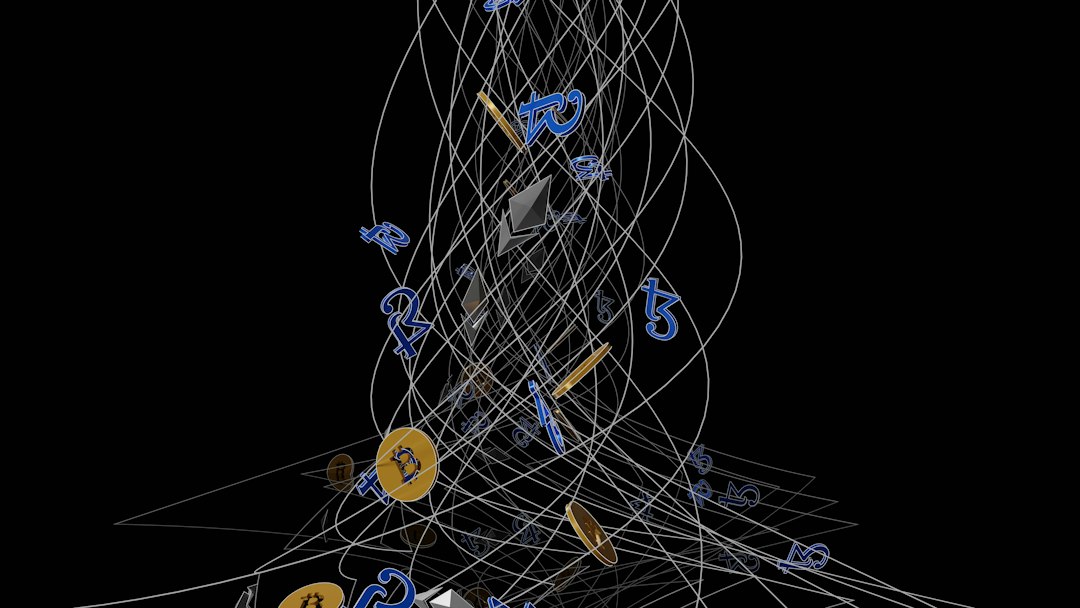The Psychological Hurdle of Unit Bias in Bitcoin Investing
Gabor Gurbacs, an adviser at VanEck, has pointed out that the desire to own complete units of Bitcoin can deter potential investors from entering the market. Many investors are unaware that they can own fractions of a Bitcoin, and even those who know prefer owning whole assets rather than fractions. Gurbacs believes that the introduction of spot Bitcoin exchange-traded funds (ETFs) could address this challenge. He emphasizes that owning a full share feels better than owning a fraction and considers unit bias psychology as a significant factor in investor decision-making.
Initial ETF Impact Overstated, According to VanEck’s Gurbacs
Gurbacs also states that people have overstated the initial impact of a spot Bitcoin ETF. He expects only around $100 million to flow into the ETFs from mostly recycled funds after SEC approval. However, he believes that the long-term impact will be very bullish and that people tend to underestimate it. To support his point, he shares a chart comparing the gold price before and after the first spot gold ETF. VanEck is one of the firms that have applied to list a spot Bitcoin ETF in the US.
Hot Take: Whole Assets More Appealing to Investors than Bitcoin Fractions
Gabor Gurbacs of VanEck highlights the psychological hurdle of unit bias among potential Bitcoin investors. Many people are unaware that they can own fractions of a Bitcoin or prefer owning whole assets rather than fractions. The introduction of spot Bitcoin ETFs is seen as a potential solution to this challenge. Gurbacs emphasizes that owning a full share feels better than owning a fraction, which significantly influences investor decision-making. He also notes that while people tend to overestimate the initial impact of spot Bitcoin ETFs, their long-term impact is often underestimated. VanEck is among the firms applying to list a spot Bitcoin ETF in the US.





 By
By
 By
By
 By
By
 By
By
 By
By